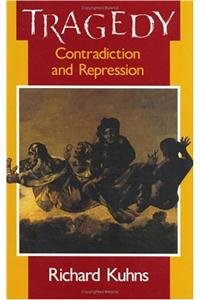Sale!
Essay on Negation: For a Linguistic Anthropology (Paperback) | Released: 07-Mar-24
By: Paolo Virno (Author) Publisher: Seagull Books London Ltd28.00% Off Original price was: ₹499.00.₹359.00Current price is: ₹359.00.
You save ₹140.00
A vital addition to Seagull’s growing Italian List that focuses on leftist Italian thought, bringing famous as well as little-known yet crucial voices into the English language. As speaking animals, we continuously make use of an unassuming grammatical particle, without suspecting that what is at work in its inconspicuousness is... Read More
In stock
Ships within 1-2 Business Days

100% Orginal Books

Easy Replacement

Certified product

Secure Checkout

On time delivery
Author:
![]()
Paolo Virno
Publisher Name:
![]()
Seagull Books London Ltd
Language:
![]()
English
Binding:
![]()
(Paperback)
About The Book
A vital addition to Seagull's growing Italian List that focuses on leftist Italian thought, bringing famous as well as little-known yet crucial voices into the English language. As speaking animals, we continuously make use of an unassuming grammatical particle, without suspecting that what is at work in its inconspicuousness is a powerful apparatus, which orchestrates language, signification, and the world at large. What particle might this be? The word not. In Essay on Negation, Paolo Virno argues that the importance of the not is perhaps comparable only to that of money--that is, the universality of exchange. Negation is what separates verbal thought from silent cognitive operations, such as feelings and mental images. Speaking about what is not happening here and now, or about properties that are not referable to a given object, the human animal deactivates its original neuronal empathy, which is prelinguistic; it distances itself from the prescriptions of its own instinctual endowment and accesses a higher sociality, negotiated and unstable, which establishes the public sphere. In fact, the speaking animal soon learns that the negative statement does not amount to the linguistic double of unpleasant realities or destructive emotions: while it rejects them, negation also names them and thus includes them in social life. Virno sees negation as a crucial effect of civilization, one that is, however, also always exposed to further regressions. Taking his cue from a humble word, the author is capable of unfolding the unexpected phenomenology of the negating consciousness.









